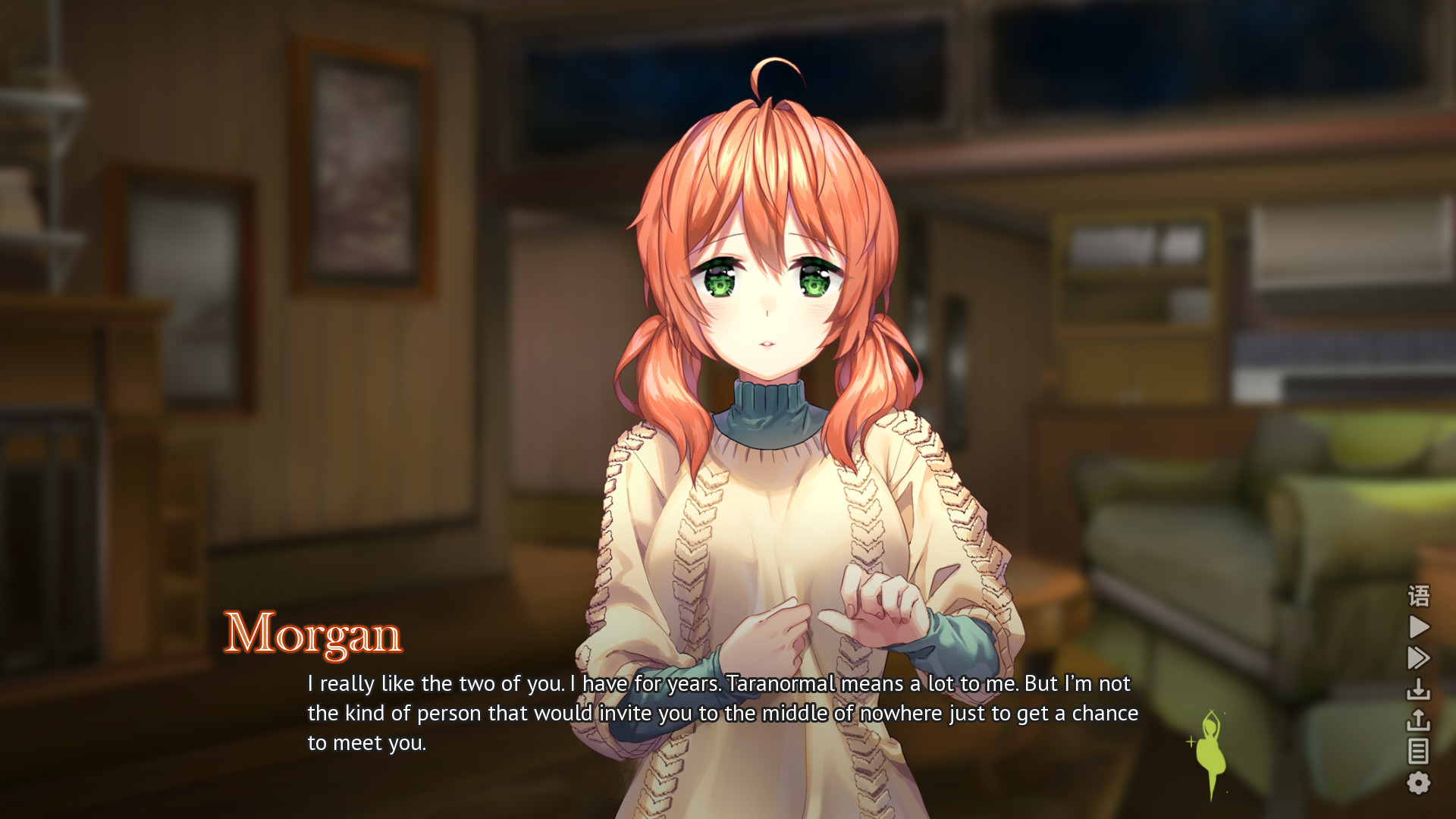
Here I am again with the next installment of analyzing the Solar Power album, by Lorde. I hope you’re finding your paths, and if it led you here, well you’re more than welcome to stay. Last week I mentioned how this is going to be my initial listen to the songs, and then I will put in my raw thoughts. Last post’s ending song was California, so we will continue from there. Again, feel free to listen along as you read my personal takes.
4. Stoned at the Nail Salon
Lyrics
Got a wishbone dryin’ on the windowsill in my kitchen
Just in case I wake up and realize I’ve chosen wrong
I love this life that I have, the vine hangin’ over the door
And the dog who comes when I call, but I wonder sometimes what I’m missin’
Well, my hot blood’s been burnin’ for so many summers now
It’s time to cool it down, wherever that leads
‘Cause all the beautiful girls, they will fade like the roses
And all the times they will change, it’ll all come around
I don’t know
Maybe I’m just stoned at the nail salon
Maybe I’m just stoned at the nail salon again
Got a memory of waitin’ in your bed wearin’ only my earrings
We’d go dancin’ all over the landmines under our town
But the sun has to rise, when it does, we’ll divide up the papers
Two former hell-raisers, I’m still crazy for you, babe
Well, my hot blood’s been burnin’ for so many summers now
It’s time to cool it down, wherever that leads
‘Cause all the music you loved at sixteen, you’ll grow out of
And all the times they will change, it’ll all come around
I don’t know
Maybe I’m just
Maybe I’m just stoned at the nail salon again
Oh, make it good
Oh, make it good
I’d ride and I’d ride on the carousel
‘Round and ’round forever if I could
But it’s time to cool it down
Whatever that means
Spend all the evenings you can with the people who raised you
‘Cause all the times they will change, it’ll all come around
I don’t know
Maybe I’m just stoned at the nail salon
Maybe I’m just stoned at the nail salon again
Raw Thoughts:
This one. As I was listening to it on Spotify getting ready to type, I was reading the little quotes from her about the song’s inspiration. Lorde was mentioning there about how this song came to her after the end of a tour. Usually during this time all these grand questions and worries of life begin to come at her. I think it comes across in the song very well.
There is still the uncertainty at certain parts when she’ll sing something profound and then follow it with, “I don’t know.” It seems reminiscent of when someone younger, or even a child, wants to express their emotions but isn’t quite sure how their feelings will be taken. This doesn’t lessen the value of the lines in anyway. If anything it adds to the depth of growing up. There are all these ideas of what “grown up” should be. Sometimes disregarding age, we’re just lost and/or confused. I do think this song is about that growing up moment when all the sudden realizations start hitting right in the feels.
This one’s deep.
5. Fallen Fruit
Lyrics
To the ones who came before us
All the golden ones who were lifted on a wing
We had no idea the dreams we had were far too big
Far too big
And we will walk together
Psychedelic garlands in our hair
Through the halls of splendor where the apple trees all grew
You’ll leave us dancing on the fallen fruit
The fallen fruit
The fallen fruit
The fallen fruit
From the Nissan, to the Phantom, to the plane
We’ll disappear in the cover of the rain
Took the great minds and the vapers
And a pocketful of seed
It’s time for us to leave
And we will walk together
Psychedelic garlands in our hair
But how can I love what I know I am gonna lose?
Don’t make me choose
Raw Thoughts:
I read the very little detail from Spotify from Lorde, and she said this song is about the environment and the parent generation.
I love how it begins with how the- I’ll refer to the newest generation as “us” and “our” because I am part of it- anyways, the way it describes our generation’s dreams as too big is great imagery. It could mean our dreams are too big because they expand beyond Earth’s lifetime.
( Really though, all the song has great imagery and metaphors for the topic at hand. )
Along with how she is blaming the past generations by saying how they took advantage of the apple trees, and now we are left “dancing on the fallen fruit.” As in, the trees no longer bare fruit due to the climate problems. It is all very environmental political without being overly rude I think. She is stating the problems and expressing her ideas, but still politely. That may be my own bias talking because I’m not the one being put on the spot in this song, but it’s an amazing message told in amazing chords and melodies.
6. Secrets from a Girl (Who’s Seen it All)
Lyrics
Dancing with my girls, only having two drinks then leaving
It’s a funny thing, thought you’d never gain self control
Guess it’s been a while since you last said sorry
Crying in the dark at your best friends’ parties
You’ve had enough, gotta turn the lights up, go home
Couldn’t wait to turn fifteen
Then you blink and it’s been ten years
Growing up a little at a time then all at once
Everybody wants the best for you
But you gotta want it for yourself
My love
You can take ’em if you want ’em, these are just
Secrets from a girl, who’s seen it all
Secrets from a girl, who’s seen it
Secrets from a girl
Secrets from a girl, who’s seen it
Secrets from a girl (Secrets from a girl)
Secrets from a girl, who’s seen it all
‘Member all the hurt you would feel when you weren’t desired?
(Doing anything for more touch)
‘Member what you thought was grief before you got the call?
Baby girl, no one’s gonna feel the pain for you
You’re gonna love again, so just try staying open
And when the time comes, you’ll fall
Yeah, when the time comes, you’ll fall
Your dreams and inner visions, all your mystical ambitions
They won’t let you down
Do your best to trust all the rays of light
Everybody wants the best for you
But you gotta want it for yourself
My love
Couldn’t wait to turn fifteen, then you just go
(Whoosh)
Secrets from a girl, who’s seen it all
Secrets from a girl, who’s seen it
Secrets from a girl
Secrets from a girl, who’s seen it
Secrets from a girl (Secrets from a girl)
Secrets from a girl, who’s seen it all
Welcome to Sadness
The temperature is unbearable until you face it
Thank you for flying with Strange Airlines
I will be your tour guide today
Your emotional baggage can be picked up at Carousel Number 2
Please be careful so that it doesn’t fall onto someone you love
When we’ve reached your final destination, I will leave you to it
You’ll be fine
I’m just gonna show you in, and you can stay as long as you need to get familiar with the feeling
And then when you’re ready, I’ll be outside, and we can go look at the sunrise by euphoria mixed with existential vertigo?
Cool
Raw Thoughts:
Wow. This one hit me a little differently. It is almost hard for me to analyze it because right now I’m so in my head emotionally about what secrets Lorde just let me in on. Although, I think that’s good writing! It’s thought provoking and kept me engaged from the lines.
The song does a great job of following the album’s theme of journey and getting older. There are so many shifts of mindsets throughout after she has learned “the secrets.” It’s a lot of meaningful messages too, in my opinion. All the messages are things that seem obvious, but while in a teenage mindset… just aren’t. Although I am not a girl, I still just felt a certain type of way when I heard “the secrets.”
I think this song should be a part of the education system for teens. If this song was heard across the masses then so many heartbreaks might be prevented. We could elevate as a society. Just an idea ♥
7. The Man with the Axe
Lyrics
If I had to break it down
I’d say it’s the way you love to dance
Moving the furniture when my back is turned
A flick of the lights and the world falls away
And your office job, and your silver hair
But our shapes in the dark are the reason I’ve stayed for all these years
I thought I was a genius
But now I’m twenty two
And it’s starting to feel like all I know how to do is
Put on a suit and take it away
With my fistful of tunes that it’s painful to play
Fingernail worlds, like favorite seashells
They fill up my nights and then they float away
I’ve got hundreds of gowns, I’ve got paintings in frames
And a throat that fills with panic every festival day
Dutifully falling apart for the princess of Norway
But you with your doll’s lashes, your infinite T-shirts
I should’ve known when your favorite record
Was the same as my father’s, you’d take me down
I guess I’ll always be this way
Swallowed up by the words and halfway to space
But there by the fire, you offered your hand
And as I took it, I loved you, the boy with the plan
You felled me clean as a pine
The man with the axe
And the light in his eyes
We’ve been through so many hard times
I’m writing a love song
For you, baby
Raw Thoughts:
This is definitely the ballad of the album. My primary thoughts were how this love song correlated with the rest of the album. I suppose this is showing her personal life, so we as an audience understand her own personal growth. I feel like with the other songs we only got glimpses, but in ways that also helped us. This song seems a lot more personalized and specific.
It seems like a mood for love that is young, or at least it still has that giddy feeling of young love.
A metaphor I thought was very clever, “But our shapes in the dark are the reason I’ve stayed for all these years.” She had a way of using the figurative language to tell so much without saying it. I love the illusiveness. It almost in ways keeps the full experience her’s. This song is so revealing yet not at all at the same time. That’s an amazing trait for a piece of writing to have. It’s hard to explain.
I really enjoyed this segment of analyzing Lorde’s magnificent new album, Solar Power. Diving in to the journey of listening to an album about a journey is very cool. I feel like as Lorde is revealing, yet more of her life, I’m still growing along with her. It’s so rad.
Well that’s all for this post, but I want you all to keep learning helpful secrets and maybe…don’t eat all the fallen fruit 😉


















